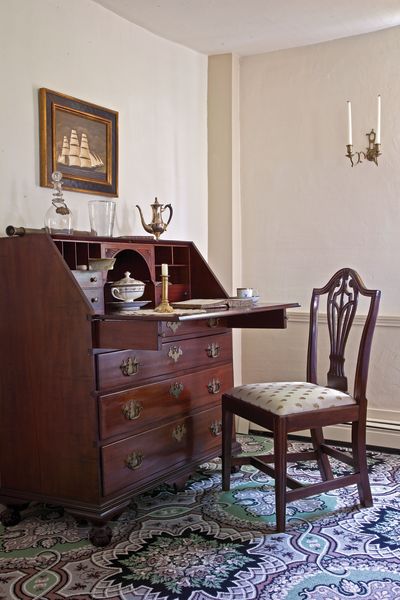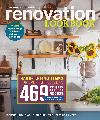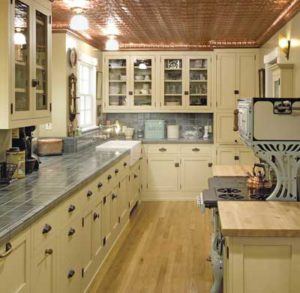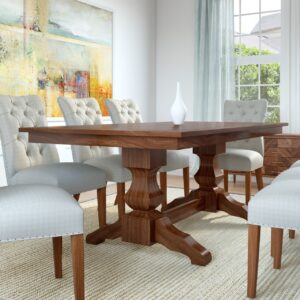“Only connect,” wrote E.M. Forster in his novel Howard’s End, about the changing social conventions of his day. Those words, written at the beginning of the last century, have resonated within me these past 10 years while some family connections or friendships have fallen away, and virtual ones often fill the space.

I’m more isolated here in Kentucky than I was in New England, by geography and circumstance; not that I’m complaining. I used to be a regular and passionate letter writer, and in recent years I’ve returned to the practice, especially while we awaited DSL on our ridge (a long story). A patriotic act, to write a letter or send a card. The U.S. Postal Service needs us!
Then there is work at a desk; mine has been a solitary workspace for many years. My virtual world has been, at times, more captivating to me than the real world, providing a companion, a place for succor and validation or to vent. The virtual world has been the water cooler I don’t have in my daily life. Still, a virtual water cooler can be a dangerous place, where you may drown.
This is what my husband always says before—and after—I’ve applied for each of the many jobs “off ridge,” for which I’ve been well qualified, yet no interview is scheduled: “Just sit at your desk and write.” Even though there is laundry, and meals to prepare. Even though there are boys haying and rounding up cattle who make ours a true “mud room.” Even though the house is generally a mess. But there is my desk. There are pens, and there is paper. There is a computer to make the job easier. And there are words, always the words.
Throughout my writing life, the desks have been varied. There’s the one that belonged to my Akron grandfather, a retired industrialist from whom I got my letter-writing skills and prowess for hoarding information. (I have that desk now, but it won’t fit through the small door to the office in our cabin-turned-farm cottage). I also have the roll-top desk from F.A.O. Schwartz that he and my grandmother gave me for Christmas in 1968, now used by my son, who appreciates its nooks and cubbies. For many years I used a Mission-style desk and chair from my mother’s barn. There’s always the kitchen table, of course.
The desk I covet still? The large, semicircular one Louis Bromfield designed for his office at Malabar Farm in Mansfield, Ohio, where he wrote and worked surrounded by his beloved boxers. Bromfield, a fellow information-hoarder, had it built to accommodate his many piles of paper.
It was Little Edie Beale who said in the Maysles Brothers documentary Grey Gardens: “I’m extremely organized. I know exactly where to look for this stuff. I’ve got it under control right here, but I can’t find it. Get it?” Makes sense to me. Even more resonant for the historian–correspondent in me, Beale also remarked, “It’s very difficult to keep the line between the past and the present. You know what I mean?”
Yes, Edie, I do. So does my desk.
Catherine S. Pond is the author of The Pantry (Gibbs Smith) and a forthcoming memoir of farm and place. Read more at catherinepond.com.







